Cities across the world have begun bidding to host the quadrennial Gay Games – an LGBTQ+ sports event that has been a staple of LGBTQ+ activism for over 40 years.
The international cities bidding to host the games in 2030 include Denver, Vancouver, Taipei, and Cape Town. Representatives for these locations will make their case at the annual general assembly of the Federation of Gay Games in Washington D.C this October.
What Are The Gay Games?
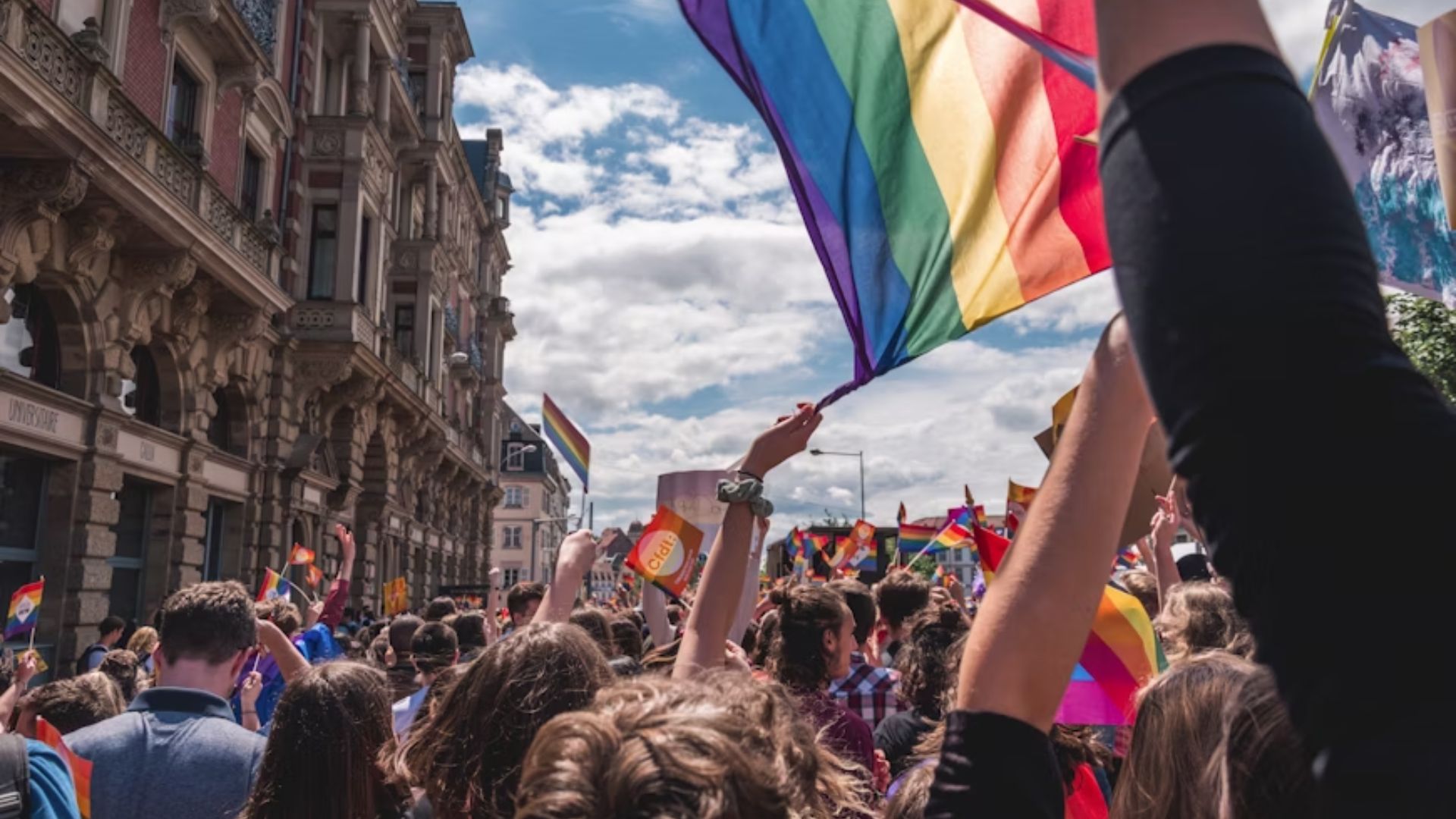
The Gay Games, which has also been nicknamed the Gay Olympics, is an international sporting event held in a different city every four years – much like the Olympics.
Despite the event’s title, everyone is welcome to register regardless of how they identify or if they have professional sporting qualifications. The event is anchored around the principles of participation, inclusion and personal best.
Lookback: The First Gay Games
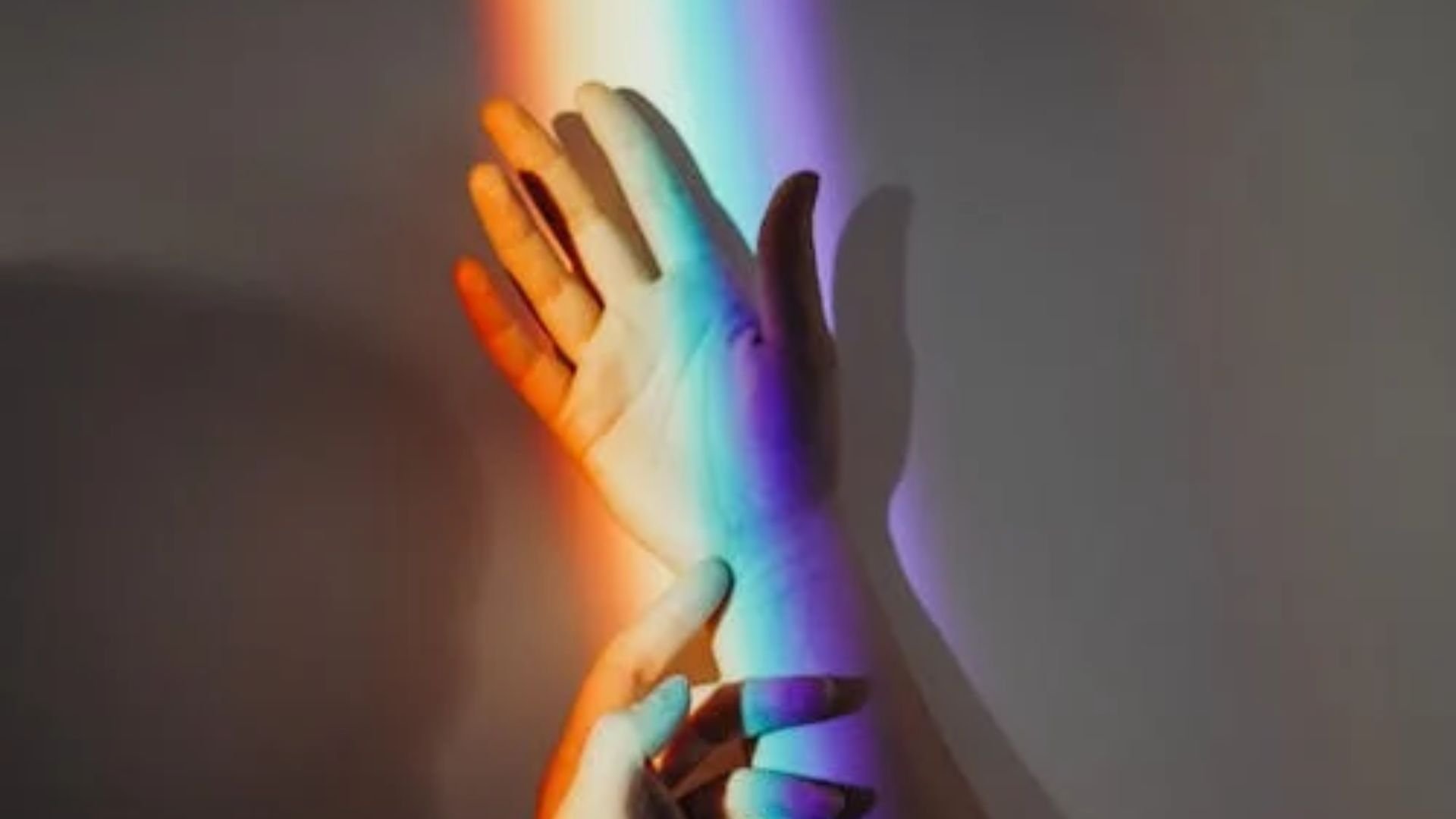
The first Gay Games were held in 1982 in San Francisco, California with 10 nations bringing 1,350 athletes to compete in 16 different sporting games.
Hosted in Kezar Stadium by founder Tom Waddell, the event lasted from August 28th to September 5th and featured a performance from Tina Turner.
The Most Recent Gay Games
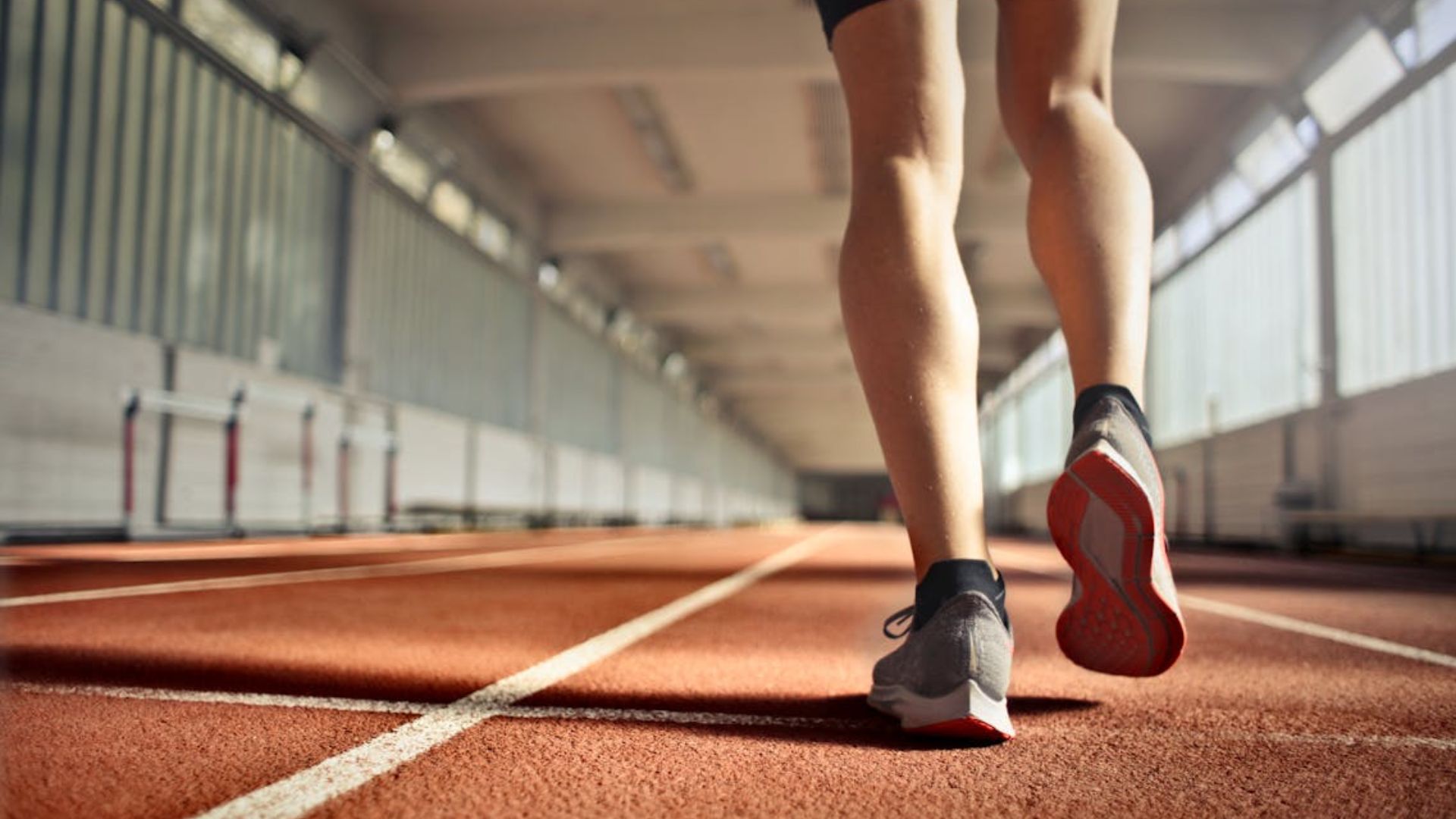
The last Gay Games was hosted by both Hong Kong and Guadalajara, Mexico in 2023. It was delayed a year due to the COVID-19 pandemic
The event was not without controversy, with the Taiwanese delegation refusing to send athletes over fears that they could be arrested under the Hong Kong national security law. Meanwhile, homophobic legislators tried to have the Games banned, and some LGBT activists called for the event to be canceled, citing fears for LGBT participants.
NYC Anniversary
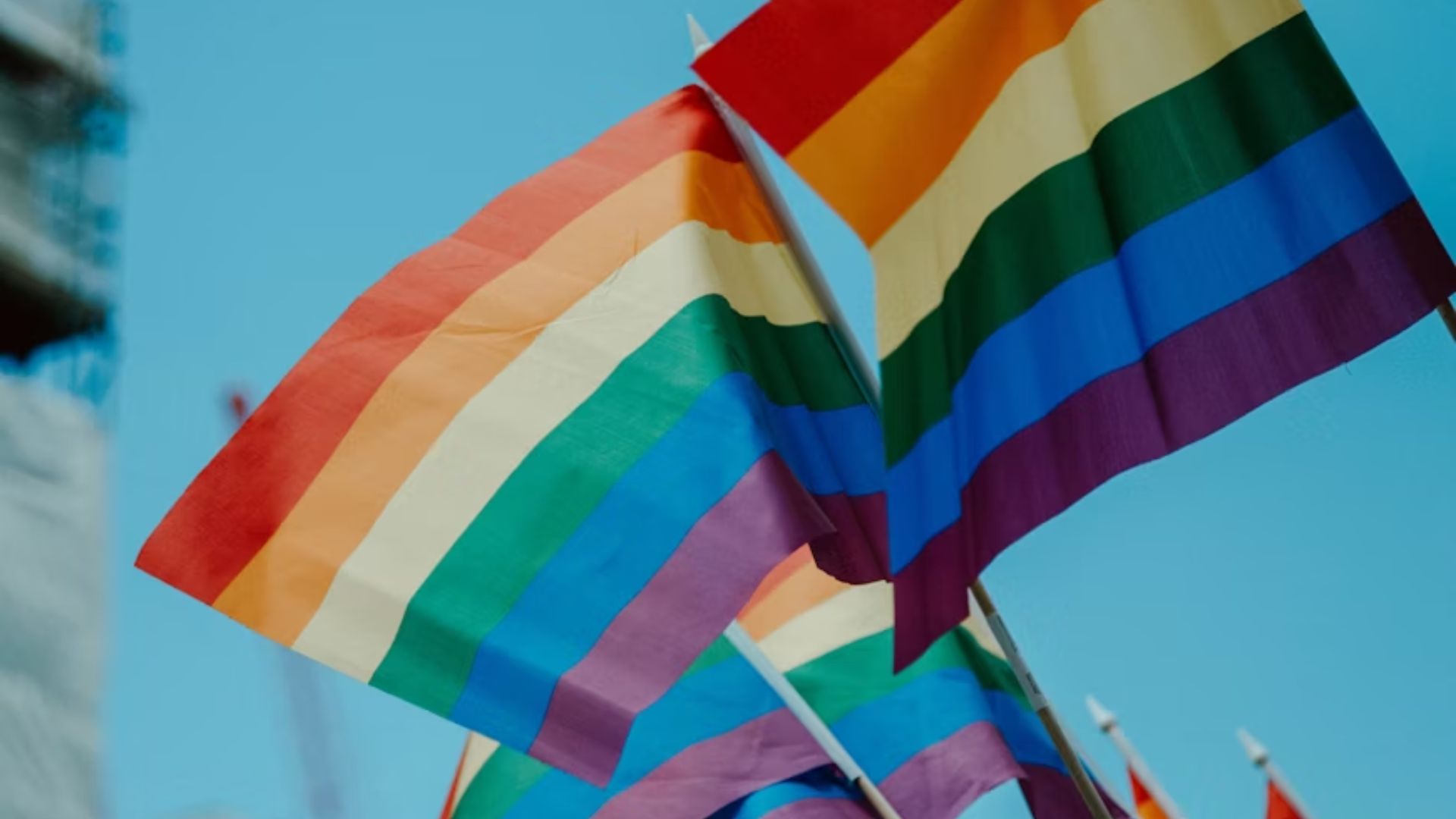
New York City is the home of the modern LGBT rights movement, with the Stonewall uprising having taken place there in the Summer of 1969.
30 years ago, in 1994, New York City hosted the fourth Gay Games. Actor Sir Ian McKellen gave the closing address at Yankee Stadium on June 25th, 1994.
The Gay Games: Then & Now
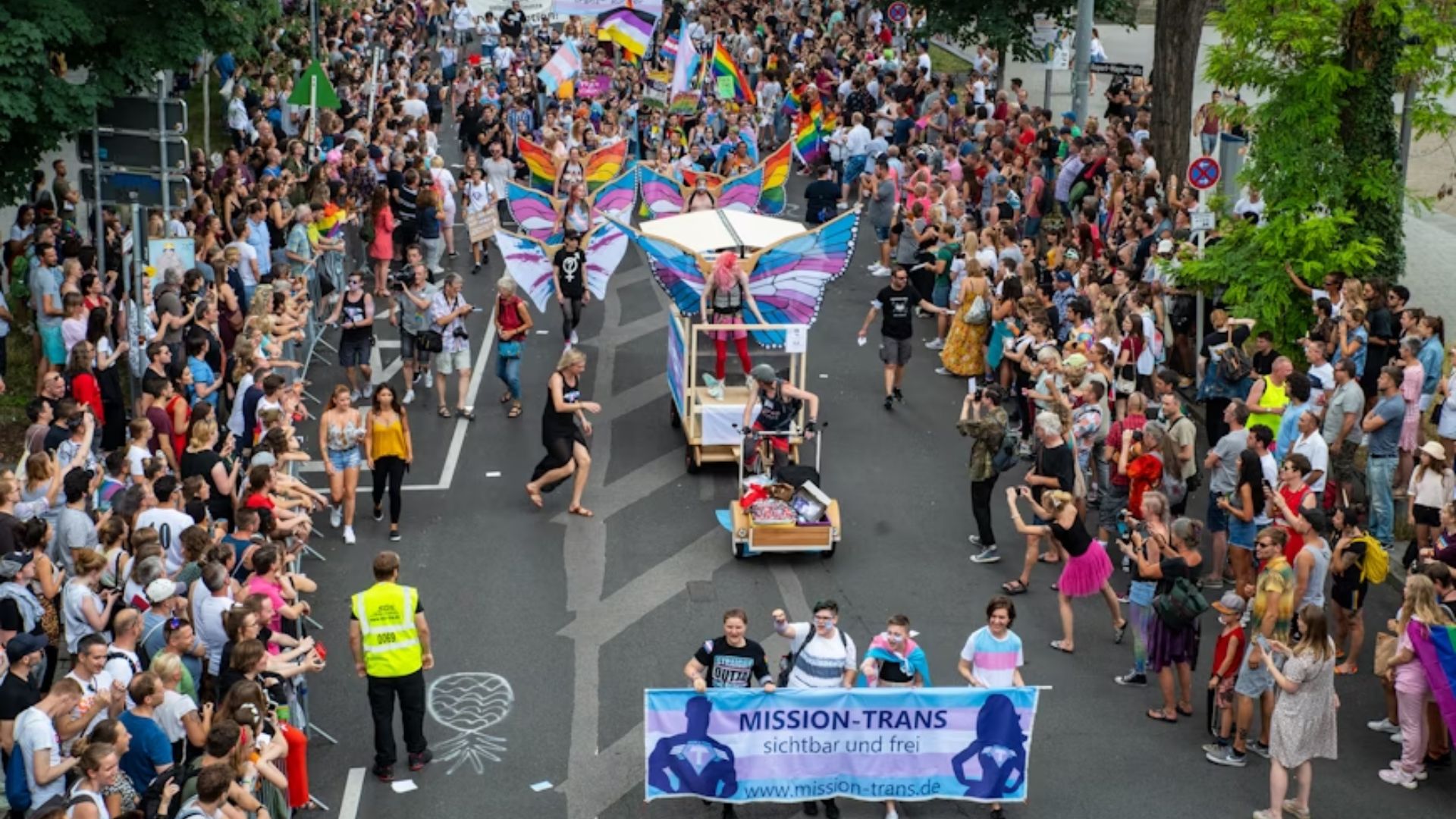
Gay Games founder Dr. Tom Waddell, a decathlete who identified as gay, competed at the 1968 Summer Olympics. So far, there have been eleven Gay Games.
Sports completed at the Gay Games typically include track and field, bowling, aquatics, cycling, open water, dance, and court sports. The 2026 Gay Games are set to be held in Valencia, Spain.
The Legacy of the 1994 Games
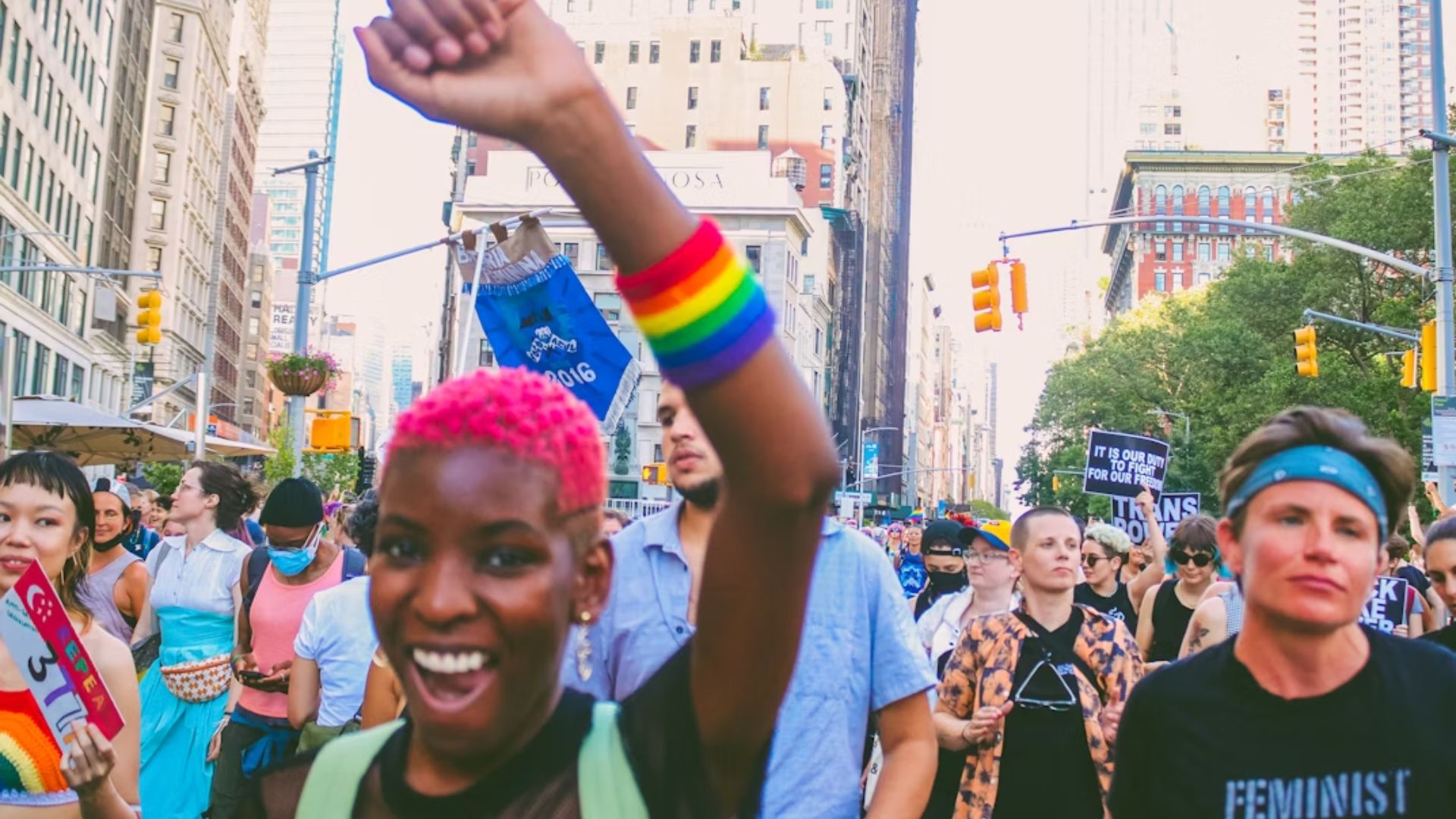
Recent reporting by Linda Gaudino in NBC highlighted the legacy of the 1994 NYC Gay Games in, and beyond, the Big Apple.
Guadino writes that, “New York City is home to nearly 40 LGBTQ+ sports leagues, based on the United States Gay Sports Network, with options like boxing, volleyball, tennis, CrossFit, cheerleading and dodgeball.”
LGBT Rights Around The World
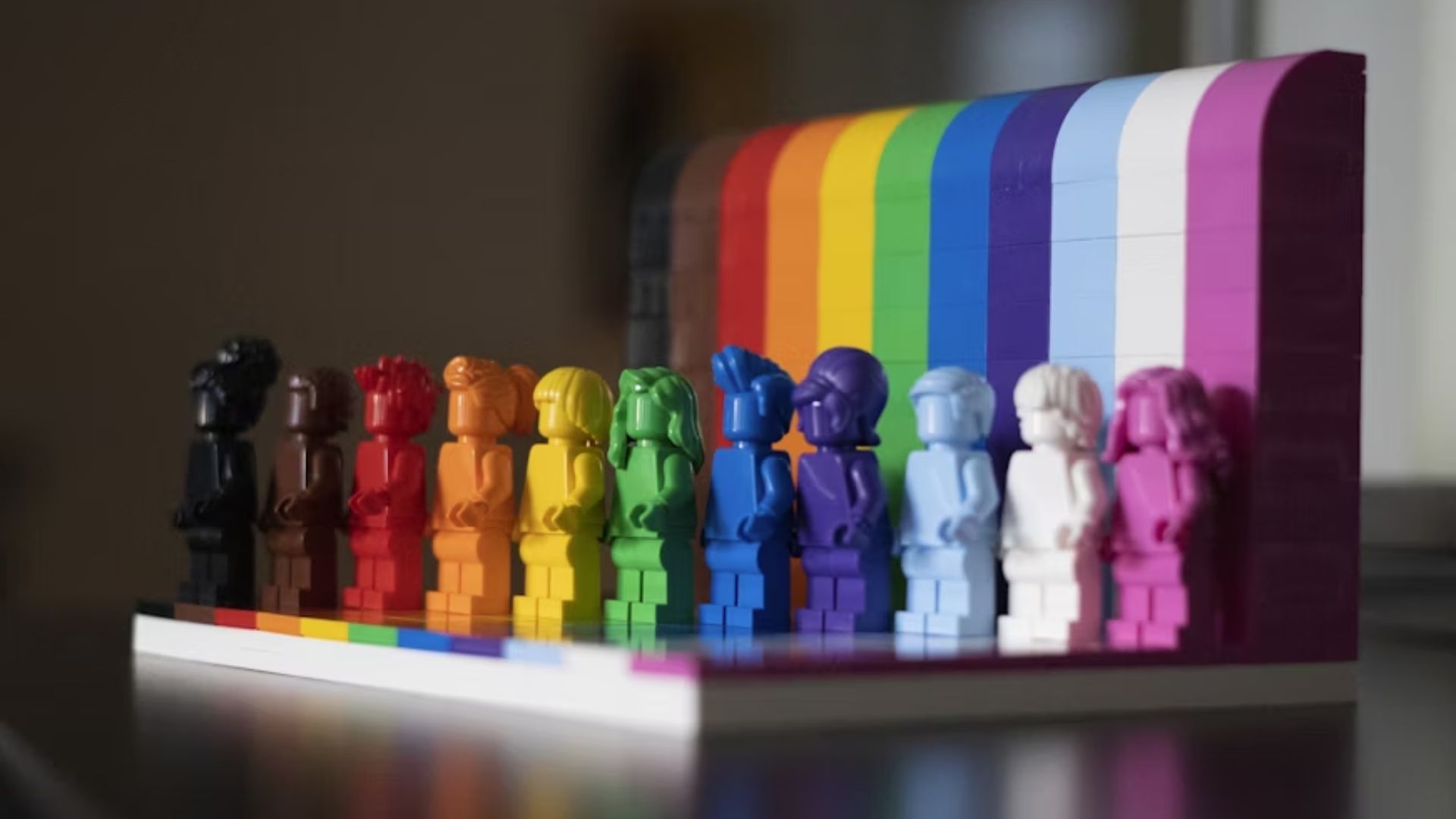
Despite progress made across the last decade, there are still 64 UN Member States where it is illegal to engage in sex with members of the same sex.
Amnesty International says, “Living as a lesbian, gay, bisexual, transgender or intersex (LGBTI) person can be life-threatening in a number of countries across the globe. For those who do not live with a daily immediate risk to their life, discrimination on the basis of one’s sexual orientation, gender identity and/or expression and sex characteristics, can have a devastating effect.”
How Host Cities Are Chosen
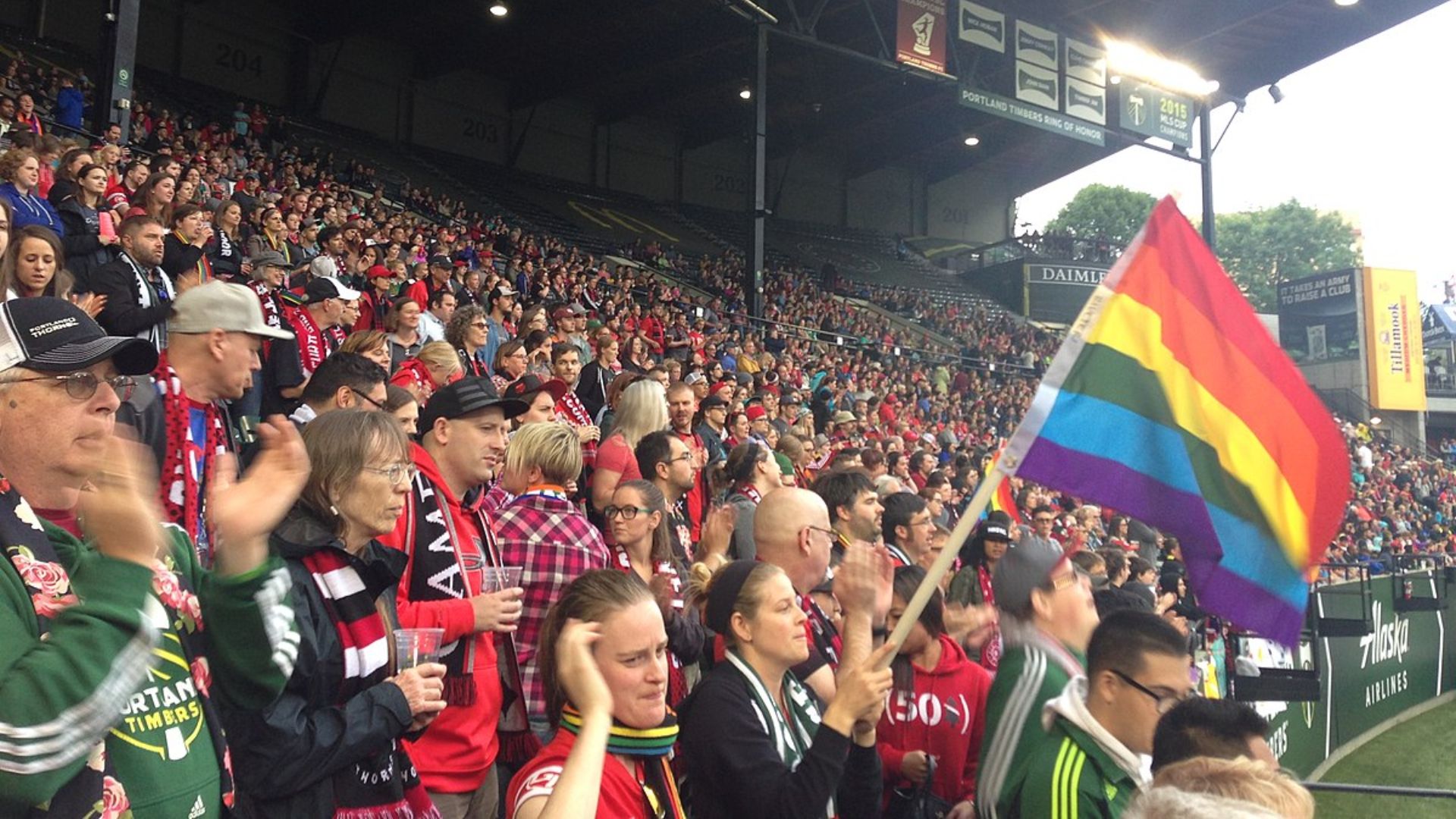
According to the co-chair of the Federation of Gay Games, Kimberly Hadley, host cities are primarily selected based on how LGBT+ rights and activism have progressed in the given area.
Hadley added, “When you talk about where we can go, again, we’re not political, but giving people opportunities to participate in an event and lighting a fire inside of them, so that they can go home and do whatever they need to do to continue the movement.”
A Safe Space For LGBT+ Athletes
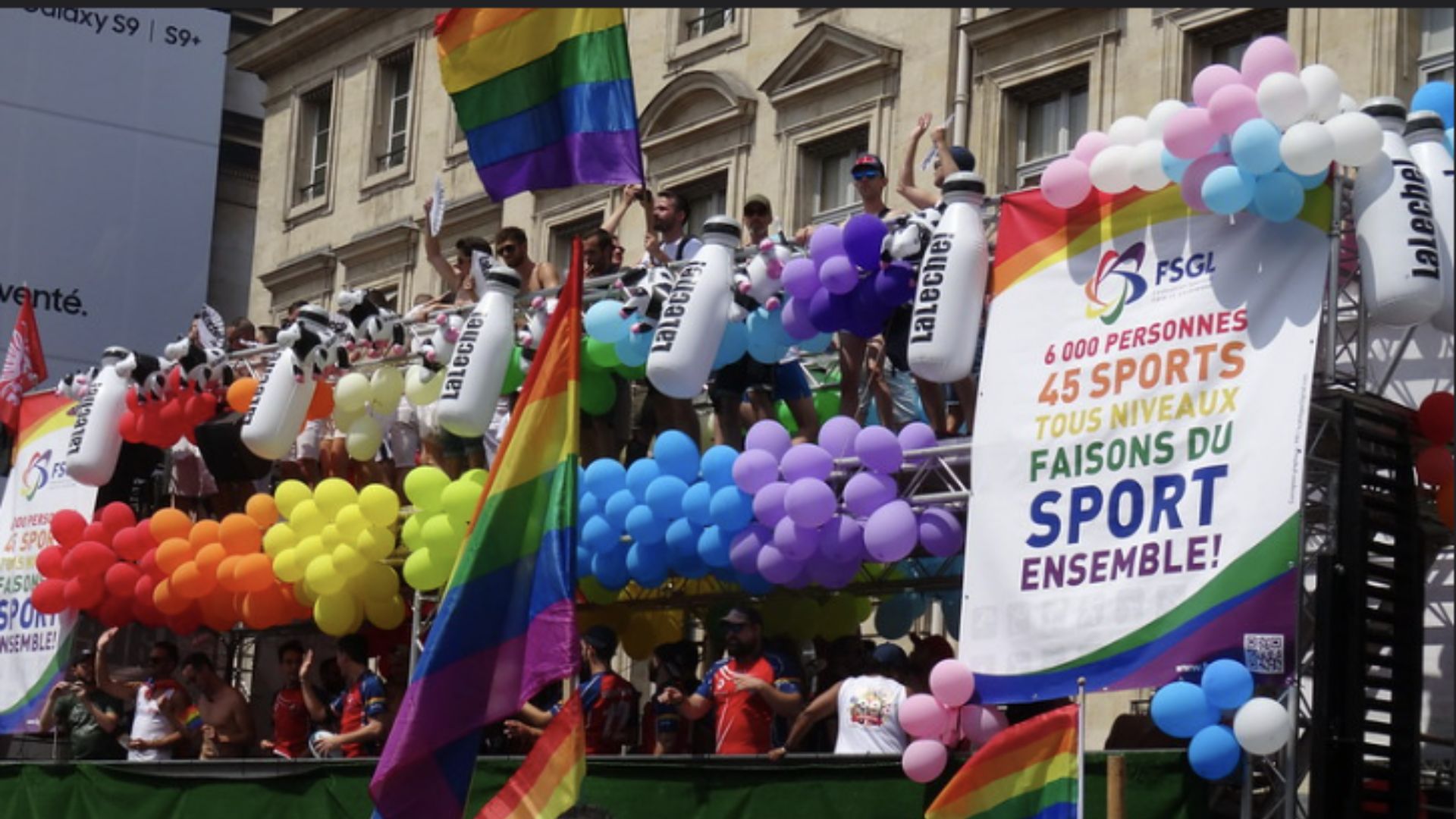
Charlie Carson, a previous board member of the Federation of Gay Games, co-founded Team New York Aquatics (TNYA), an inclusive swimming team in 1990. The organization provided a safe space for LGBT+ athletes to train for the 1994 Gay Games.
Carson said, “At the 1994 games, we had about 1,200 swimmers alone just at the swimming competition — compared to about 120 at the first Gay Games.”


